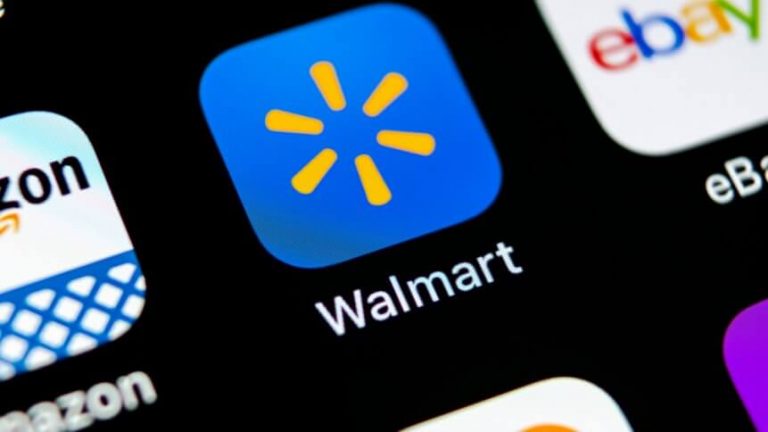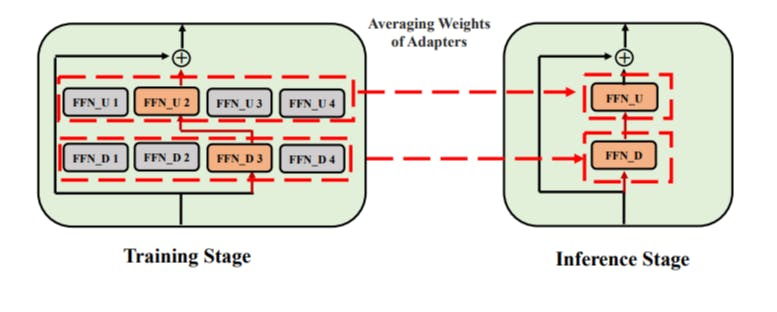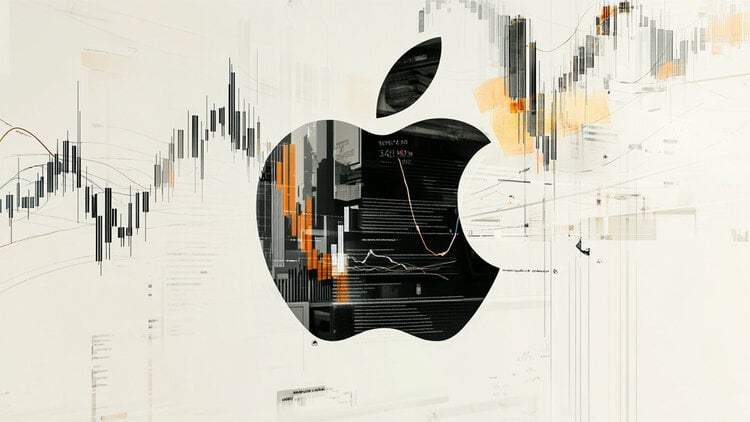Walmart Strikes AI Checkout Deal with OpenAI, Bringing Instant Shopping to ChatGPT


Walmart has entered a new phase in digital retail, announcing a partnership with OpenAI on Tuesday that will allow customers to purchase items directly through ChatGPT — a move that could redefine how millions of Americans shop online and mark a major step in the global fusion of retail and artificial intelligence.
The agreement, which positions Walmart as one of the first major U.S. retailers to integrate directly with ChatGPT’s shopping interface, will enable users to browse, discover, and buy products without leaving the chatbot. It represents a departure from the traditional search-and-scroll e-commerce model, ushering in a conversational, AI-driven shopping experience.
“For many years now, eCommerce shopping experiences have consisted of a search bar and a long list of item responses,” Walmart CEO Doug McMillon said in a statement. “That is about to change.”
Register for Tekedia Mini-MBA edition 18 (Sep 15 – Dec 6, 2025): registration continues.
Tekedia AI in Business Masterclass opens registrations.
Join Tekedia Capital Syndicate and co-invest in great global startups.
Register for Tekedia AI Lab: From Technical Design to Deployment.
He described the feature as “multi-media, personalized and contextual,” adding that Walmart is “running towards that more enjoyable and convenient future.”
The company did not specify when the integration would go live, but investors reacted positively to the announcement, sending Walmart’s shares up nearly 5% on Tuesday to a 52-week high. The move signals a new retail strategy focused on AI-enabled convenience and data-driven personalization, with Walmart seeking to keep pace with changing consumer behavior and OpenAI’s growing influence over digital shopping experiences.
AI Shopping Comes of Age
The Walmart-OpenAI collaboration comes as consumers increasingly turn to AI assistants, rather than search engines or retail sites, to make purchasing decisions. ChatGPT’s growing ability to understand preferences, recommend items, and execute purchases positions it as a new kind of commercial intermediary: one that blends conversation with commerce.

The partnership builds on OpenAI’s Instant Checkout feature, first unveiled in September, which allows users to make purchases within ChatGPT. Initially, the feature supported single-item transactions from Etsy sellers and was expected to expand to Shopify merchants, including brands like Skims and Glossier. Walmart’s inclusion now brings mainstream scale to that model.
Financial details were not disclosed, but OpenAI has said it charges companies transaction fees for purchases made through ChatGPT — giving the company a new revenue stream as it moves deeper into e-commerce.
India’s AI Payments Pilot
The Walmart deal follows a similar payment partnership with India. Earlier this month, OpenAI joined forces with the National Payments Corporation of India (NPCI) and fintech firm Razorpay to launch a pilot program introducing AI-powered payments through ChatGPT — a move widely viewed as a milestone in India’s fast-evolving digital finance ecosystem.

The initiative allows users to make purchases directly within ChatGPT using India’s Unified Payments Interface (UPI) — a homegrown system that already processes more than 20 billion transactions monthly. By linking ChatGPT to UPI, OpenAI effectively turned the chatbot into a smart payments assistant capable of executing instant peer-to-merchant transfers through simple voice or text commands.
The NPCI partnership also showcased how AI can enhance inclusivity in digital payments. Many first-time users in rural areas used ChatGPT’s multilingual support to navigate UPI transfers — an approach that could now be adapted for retail purchases in the U.S. and beyond.
How Walmart’s Integration Works
The ChatGPT-based shopping experience aims to simplify how customers find and buy items. Users can ask the chatbot for product recommendations — for example, “Find me an affordable coffee maker under $50,” or “What’s a good gift for a six-year-old?” — and ChatGPT will suggest Walmart items accordingly.
Through the Instant Checkout feature, customers can complete the purchase seamlessly within the chat interface, using stored payment and delivery information. The process mimics a natural conversation rather than a traditional digital transaction.
For Walmart, the deal is both defensive and strategic. As Amazon deepens its own AI investments and Google expands shopping capabilities in Gemini, Walmart’s integration with ChatGPT gives it direct access to a vast and growing audience of AI users. It also extends Walmart’s digital footprint beyond its own app and website, embedding it into a platform millions already use for decision-making and recommendations.
For OpenAI, the partnership aligns with its commercial ambitions. The company is transforming ChatGPT into a multifunctional platform that blends communication, productivity, and commerce — with Walmart now serving as its most visible retail partner to date.
The collaboration also demonstrates how OpenAI is localizing its technology for different markets.
Walmart’s Broader AI Strategy
On its part, Walmart has been steadily building its own AI capabilities. Its Sparky virtual assistant — already live in the Walmart app — uses machine learning to recommend products, manage shopping lists, and answer customer queries. The company also uses AI to forecast demand, optimize supply chains, and automate warehouse operations.
Analysts say Walmart’s collaboration with OpenAI adds an entirely new layer to that ecosystem — one that connects its backend AI systems directly to consumer-facing conversational interfaces.
A Shift in Retail Economics
The rise of conversational commerce could fundamentally change how brands compete for consumer attention. Instead of appearing in search results or paid listings, products will increasingly depend on AI recommendation algorithms — making visibility a function of contextual relevance rather than advertising spend.
However, that shift raises both opportunities and risks. Retailers integrated into ChatGPT may gain exposure to new audiences, but they will also need to adapt to how AI ranks, personalizes, and presents products.
Still, the potential market is enormous. According to McKinsey, conversational commerce could drive up to $290 billion in annual retail sales globally by 2030, as AI assistants become the dominant interface for digital transactions.
Walmart and OpenAI have not announced an exact launch date for the ChatGPT shopping integration, but sources close to the companies said a phased rollout is expected in early 2026. Walmart is expected to eventually link its own Sparky assistant to ChatGPT’s ecosystem, creating an interconnected AI retail network.





